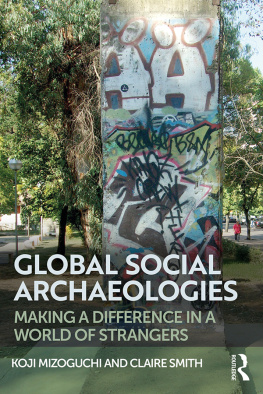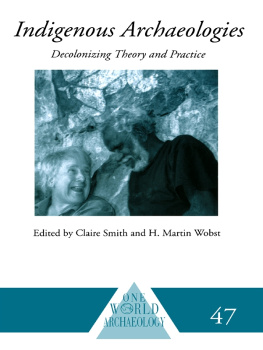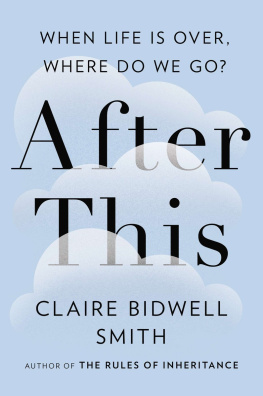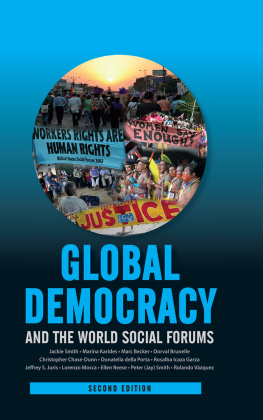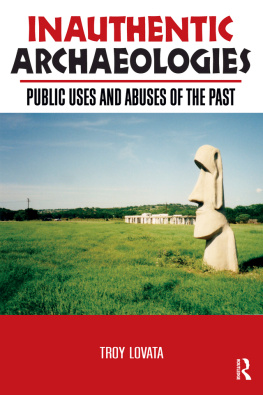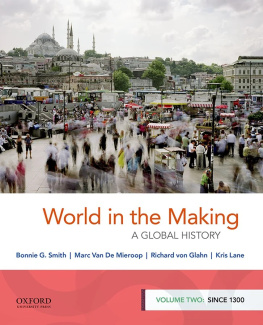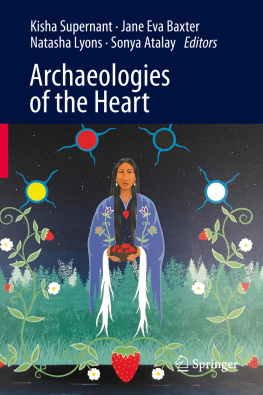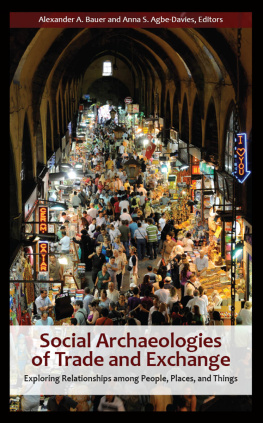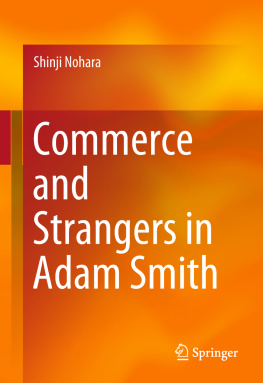Global Social Archaeologies
Global Social Archaeologies contributes to the active engagement of contemporary social archaeology through addressing issues such as postcolonialism, community heritage, and Indigenous rights. It addresses the major challenge of breaking down global divides, especially in relation to fundamental human rights, inequality, and inequities of wealth, power, and access to knowledge.
This authoritative volume, authored by the current and past presidents of the World Archaeological Congress, introduces readers to the various theoretical and methodological tools available for the investigation of the past. Taking into account the implications for contemporary societies, it offers a new framework for social archaeologies in a globalised world. By combining new data from their research with an innovative synthesis and analysis of leading research by others, the authors have developed fresh conceptualisations and understandings of archaeology as a social practice, and of the ways in which it simultaneously straddles the past, present, and future.
Exploring a range of case studies and enhanced by a wealth of illustrations, Global Social Archaeologies highlights a new approach to archaeology, one that places human rights at the core of archaeological theory and practice.
Koji Mizoguchi is Professor of Archaeology at Kyushu University, Japan, and the current president of the World Archaeological Congress.
Claire Smith is Professor of Archaeology at Flinders University, Australia, and the immediate past president of the World Archaeological Congress.
First published 2019
by Routledge
52 Vanderbilt Avenue, New York, NY 10017
and by Routledge
2 Park Square, Milton Park, Abingdon, Oxon, OX14 4RN
Routledge is an imprint of the Taylor & Francis Group, an informa business
2019 Taylor & Francis
The right of Koji Mizoguchi and Claire Smith to be identified as authors of this work has been asserted by them in accordance with sections 77 and 78 of the Copyright, Designs and Patents Act 1988.
All rights reserved. No part of this book may be reprinted or reproduced or utilised in any form or by any electronic, mechanical, or other means, now known or hereafter invented, including photocopying and recording, or in any information storage or retrieval system, without permission in writing from the publishers.
Trademark notice: Product or corporate names may be trademarks or registered trademarks, and are used only for identification and explanation without intent to infringe.
Library of Congress Cataloging-in-Publication Data
A catalog record for this book has been requested
ISBN: 978-1-62958-306-8 (hbk)
ISBN: 978-1-62958-307-5 (pbk)
ISBN: 978-0-42932-894-7 (ebk)
Typeset in Bembo
by Apex CoVantage, LLC
Many people have assisted with the creation of this book, or with the research that is presented herein. The initial impetus came from a Massive Open Online Course (MOOC) in Global Social Archaeologies which we co-taught at Kyushu University in 2014 and 2015. The MOOC project was headed by Professor Naomi Fujimura, and we thank him for an incredibly enriching experience. We also thank Yayoi Anzai, Chengjiu Yin, Tamaki Inada, Takehito Tashiro, and Saki Nakazono, the members of the original MOOC production team of Kyushu University Innovative Centre for Educational Resources (www.icer.kyushu-u.ac.jp/en/jmooc_archaeology www.icer.kyushu-u.ac.jp/en last accessed 19 June 2018) for wonderful technical and administrative support, and for their collegiality.
In terms of the book itself, we are grateful to two people, in particular. First, we thank Ari Tanizawa not only for efficiently and untiringly coordinating the MOOC and for designing a number of the figures that are used in this book. Second, we thank Antoinette Hennessey, who assisted with the design and realisation of many of the figures and compiled the composite photographs. A number of the boxed entries were submitted in Russian and Spanish. We thank Vladamir Ioneso from the Samara State Academy of Culture and Arts for commissioning the boxed entries about social archaeology in Russia and for translating these entries from Russian into English. We also thank Lilen Malugani Guillet, a friend and colleague from Catamarca in Argentina, for translating entries that were submitted in Spanish into English. Antoinette Hennessey, Gary Jackson, and Endi Ukota kindly assisted with the English-language polishing of the boxed text entries.
We are grateful to Mitch Allen who commissioned this book for Left Coast Press, which was later bought by Routledge, and to Molly Marler from Routledge, who showed great patience during the final months when we were continuously only two days off being ready to submit. People who have recently submitted their own booksor doctoral theseswill sympathise with us.
Our research is situated within communities of practice, professional, community based, and personal. We thank our colleagues and students at Kyushu University and at Flinders University for lively discussions of aspects of this book. At Kyushu University we thank the late Yoshiyuki Tanaka, Shozo Iwanaga, Kazuo Miyamoto, Junichiro Tsujita, Yoshinori Tajiri, and Kyoko Funahashi. At Flinders University we especially thank Gary Jackson, Heather Burke, Kellie Pollard, Alice Gorman, Mick Morrison, Amy Roberts, Daryl Wesley, Ian Moffat, Jonathan Benjamin, Wendy van Duivenvoorde, Donald Pate, and Martin Polkinghorne. Over the last six months of writing, Jordan Ralph and Cherrie de Leiuen provided Claire Smith with critical practical support that freed up her time to focus on writing. They kindly (and most competently) taught Claire Smiths topics ARCH1001: Discovering Archaeology, ARCH 3307: History of Archaeology, and ARCH2208: The Museum. Despite being in the last stages of completing her doctoral thesis, Kellie Pollard provided day-to-day feedback on Indigenous ontologies and epistemologies.
We thank our colleagues in the World Archaeological Congress (WAC), whose ideas shaped the ways in which we see and interpret the world around us. WACs direction here was established in its genesis by archaeologists such as Peter Ucko, Michael Day, Jack Golson, Bassey Andah, Jane Hubert, Juliet Clutton-Brock, Michael Pearson, Robert Layton, and Larry Zimmerman. In terms of our own work and the ideas presented in this book we particularly thank Mitch Allen, Sonya Atalay, Alan Burns, Meg Conkey, Ines Domingo, Bayo Folorunso, Joan Gero, Jack Golson, Ken Issaacson, Robert Layton, Mark Leone, Ian Lilley, Dorothy Lippert, Stephen Loring, Randy McGuire, Katsu Okamura, Gustavo Politis, Anne Pyburn, Didac Roman, Terry Snowball, Manoj Kumar Singh, Peter Stone, Julian Thomas, Makoto Tomii, Martin Wobst, and Larry Zimmerman. It is not a mistake that our list includes people who are alive and some who have diedwe take an Indigenous view on such matters. The debt that we owe WAC is discussed further in the preface.


